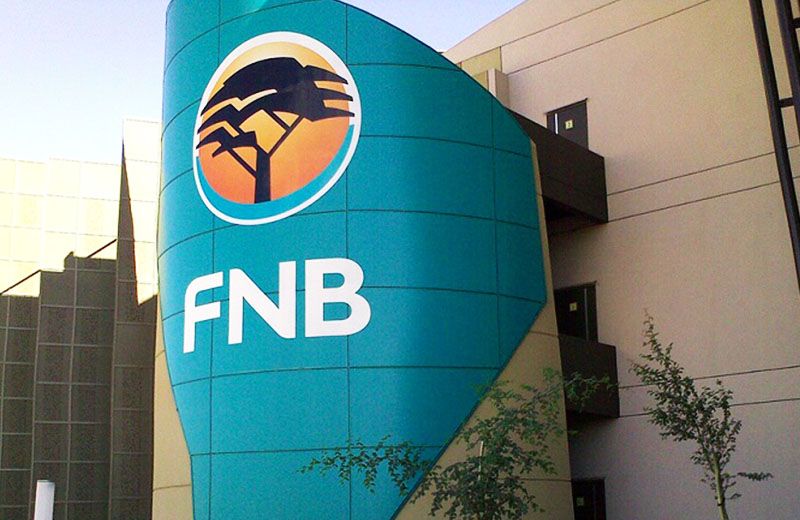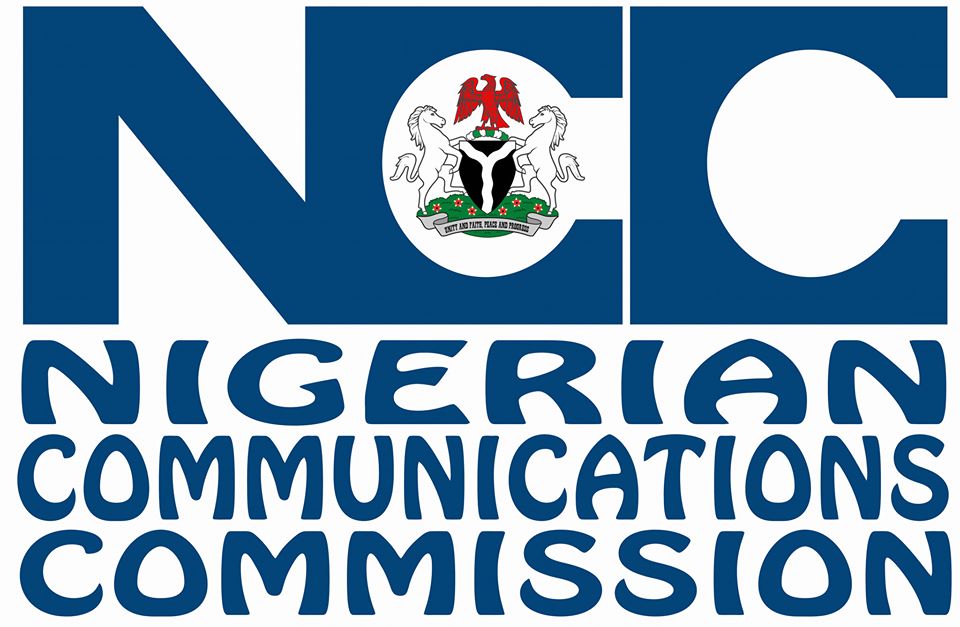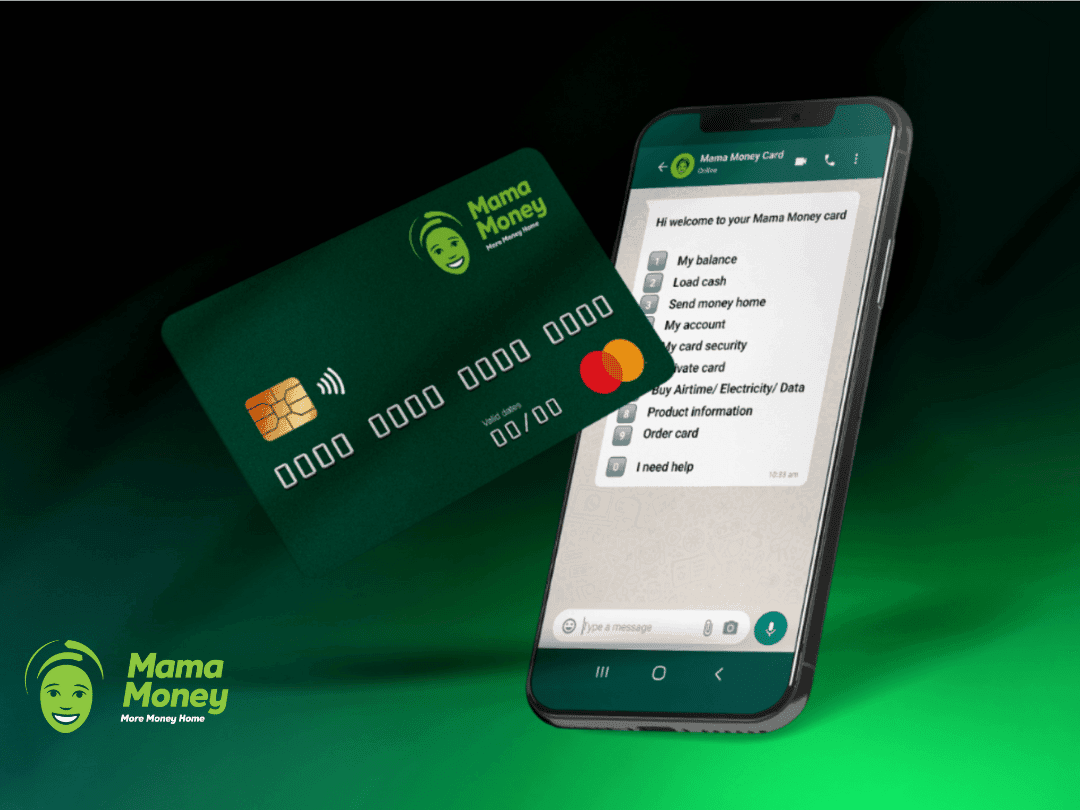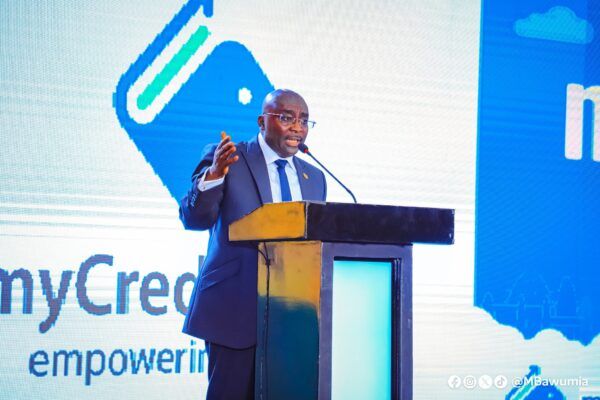South African Bank - First National Bank (FNB) in a move that reaffirms the bank's commitment to financial inclusion in South Africa and its support towards community-based businesses, has acquired a local fintech company Selpal. Selpal operates specifically in townships and rual sectors of South Africa's economy.
Selpal was founded in 2012 by Stephen Goldberg. The fintech offers a point-of-sale device and tech platform aimed at township businesses.
Using the platform businesses can sell things like airtime and electricity to customers. In addition, customers that use the system can score loyalty points which can be used to purchase products sold by various businesses using the system.
The featured wallet system allows business owners to pay suppliers in credit rather than cash. Furthermore, using Selpal's POS (point-of-sale) device, Selpal merchants are able to view, order, pay and sell stock without leaving their shop.
FNB with the acquisition of Selpal will enable the bank to leverage its collective current cash handling infrastructure to enable Selpal to seamlessly facilitate payments between stakeholders in the supply chain.
Jacques Celliers, CEO of FNB, highlighted that the acquisition will assist the bank in providing a range of new products and services to businesses in the informal sector.
In his words, “We aim to bridge this gap by continuing to enable community-based businesses easy access to banking practices and money management solutions to help them realise their goals. This will be achieved by unlocking several benefits such as increased access to electronic payments, funding (working capital), access to suppliers and customers, amongst others.”
The Business CEO of FNB, Gordon Little, provided insight into what the acquisition means.
“As part of our broader strategy, we are dedicated to help support small businesses that are predominantly cash-based and operate in a less formal manner. Our latest acquisition and integration of Selpal complements the significant milestones we have reached in executing on this strategy. Selpal already has a footprint supported by an integrated system that connects informal retailers such as spaza shops with FMCG (fast-moving consumer goods) suppliers, wholesalers, and manufacturers. Their user-centric digital platform was designed and built using direct observations, engagements, and understanding of the pain-points that various users experience along the entire FMCG supply chain in the informal sector, from manufacturer to consumer.”
FNB, with data collected from Selpal’s POS devices, will be able to gather data and insight to develop products and solutions for the informal sector.
Little continued, “This will further enable us to make better-informed credit and product decisions, making it easier to facilitate lending through the ability to measure performance, track and gather information on the business’ activity over a reasonable time period. As our knowledge and understanding of this market matures, we will be able to provide more value to these valuable small businesses in the future.”
This includes card/QR payment acceptance, access to credit and various insurance products, and more. In essence, the acquisition will assist FNB to grow and develop community-based businesses.

“For example, FNB recognises that the spaza shop, which is arguably the oldest form of small merchant business in South African townships, is an integral part of the community economy and our objective is to incentivise these entrepreneurs that run these types of businesses to adopt more formal financial services. As an example, this could include objectives such as increasing the level of card/QR payment acceptance at spaza stores for consumers to pay at, which ultimately benefits both businesses and consumers. The journey involves helping businesses to get access to financial education and skills, access to funding and access to markets,” added Little.
South Africa in Focus:
Population: 59.6 million (2019)
GDP: $369.85 billion (2019)
GDP Per Capita: $6,193 (2019)










